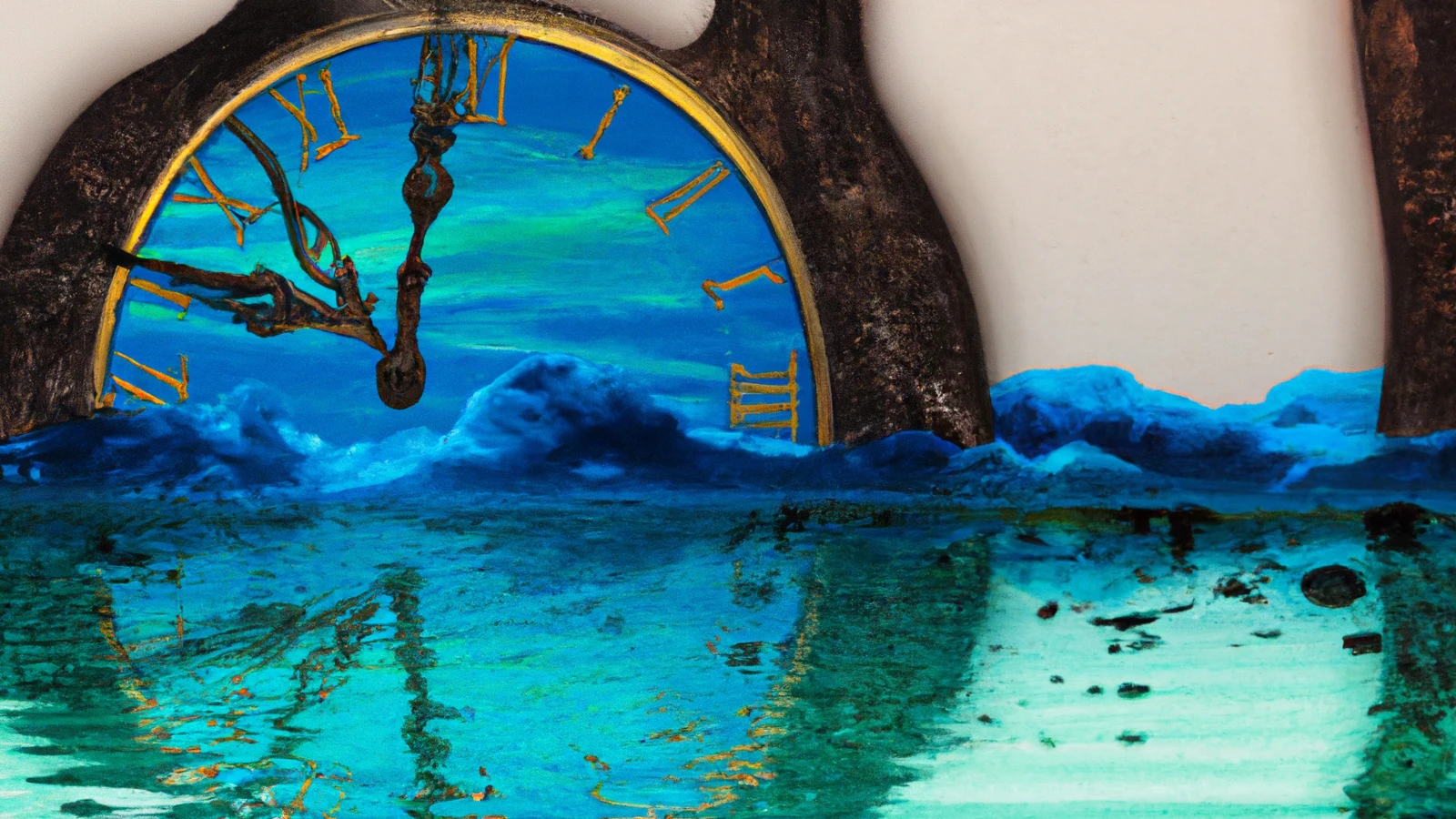Artificial Realities
This issue is about lying artificial intelligences, exceptional families, and the paralysis of waiting.

In this issue we’re creating awareness for the risks of artificial intelligence that follows a certain morality, exploring how to distinguish reality from fiction, and learning how to create environments that enable our children to become exceptional. And finally, in a new article we’re discovering how stopping to wait drastically improves our overall quality of life.
✨ Sparks
📝 Article: Lovecraft’s Basilisk: On The Dangers Of Teaching AI To Lie
Discover how information and other content generated by artificial intelligence (AI) has the potential to subtly undermine unfeathered education and therefore to bias your free expression of thought.
Any AI necessarily operates under the framework of a given set of rules to perform its function. Since AI is a human creation, this set of rules as well as its function are based on moral standards defined by the individual or group of individuals who direct the development of the algorithms and code.
The rising development of intelligent algorithms leads humanity to approach important crossroads. Should AI be politically correct? Should it ensure free expression? If yes, to which extent? The question about universal rule sets for the safe and secure operation of intelligent algorithms as well as the underlying moral beliefs and standards are utterly important to shape a future worth living in. Generally, it is strongly recommended to refrain from using any AI service that does not disclose to you its underlying moral premises under which the algorithm operates.

🎬 YouTube Video: Donald Hoffman: Reality is an Illusion - How Evolution Hid the Truth | Lex Fridman Podcast #293
Donald Hoffman, cognitive scientist at UC Irvine, explains how your experiences through your bodily senses are adaptive fiction, not reality. Learn how to take your perceptions seriously but not literally.
📝 Article: Childhoods of exceptional people
If you want to enable your child to become exceptional, you must stop to imitate your peers and create an environment that allows them to develop their talents and follow their interests and instincts, instead of outsourcing upbringing to generic child care facilities and public schools. Learn how. Here’re a few snippets:
As children, they were integrated with exceptional adults—and were taken seriously by them. When Bertrand Russell, at five years old, refused to believe the earth was round, his grandparents didn’t laugh him off—they called in the vicar of the parish to reason Bertrand out of his misconception.
The adults had high expectations of the children; they assumed they had the capacity to understand complex topics, and therefore invited them into serious conversations and meaningful work, believing them capable of growing competent rapidly.
A qualified guess is that they spent between one and four hours daily in formal studies, and the rest on self-directed projects. Unlike children today, they had little access to entertainment, and so were often bored, unless they figured out a way to keep their minds occupied; the intellectual obsessions that grew into their life’s work often grew out of this boredom.
Let me sum up what I’ve said so far. A lot of care went into curating the environment around the children—fascinating guests were invited, libraries were built, machines were brought home and disassembled—but the children were left with a lot of time to freely explore the interests that arose within these milieus.
A lot of it does not require sacrifices, though. It is just a way of viewing children: as capable of competence, as craving meaningful work, as worthy to be included in serious discussions. We can learn to view them like that, but it is a subtle and profound shift in perception, a shift away from the way we are taught to view children.

🆕 New Content
📝 Article: How To Stop Waiting And Start Living
A minute waited is a minute wasted. Learn how to change your perception of time and dramatically increase your level of productivity, mental health and wellbeing.

🙏🏻 Gratitude Journal
One of the most powerful daily practices to liberate yourself from mental downward spirals is to bring the things to your attention that you are grateful for.
- I am grateful for the pitahaya.
- I am grateful for the human ethnic differences and racial diversity.
- I am grateful for God providing me with the world as it is as a playground for my own creation.
What are you grateful for?
💡 This Week’s Wisdom
Let us set aside our differences. Let us give attention to what we can agree on, and let us put it into practice. Why quarrel?
⎯THE BUDDHA, the Enlightened One
Did you enjoy this issue? If you draw value from Sunday Sparks please consider contributing to this publication’s financial freedom.
Flows straight into content, not coffee.







